No Turning Back: The Cost + Beauty of Real Discipleship
Luke 9:51–62
PERSONAL REFLECTION: A Deeper Look Into Sunday’s Message
Use the following in your own personal time with God to process the message and this topic that we are exploring together as a community. We always encourage you to “put something to practice” in your life as a follower of Jesus. Above are optional daily devotionals we recommend for your daily practice of prayer, scripture, and meditation.
When Jesus Set His Face
Luke 9:51 marks a major turning point in the Gospel story: “When the days drew near for him to be taken up, he set his face to go to Jerusalem.” This isn’t just a travel note—it’s a declaration of direction and purpose. Jesus is choosing the path of suffering, rejection, crucifixion, resurrection, and glory. He knows what’s ahead, but moves forward with total resolve.
This moment becomes a powerful backdrop for one of the clearest and most challenging teachings Jesus ever gave about following Him. On the way to the cross, He invites others to walk with Him—and He makes clear that the path isn’t easy, but it is worth everything.
Why This Message Matters Today
We live in a culture that values convenience, comfort, and control. Everything around us is built to minimize commitment and maximize personal fulfillment. We’re told to follow our hearts, to curate our lives, to avoid suffering, and to prioritize ourselves.
And yet, into that world, Jesus speaks a radically different invitation: “Follow Me.” Not when it’s convenient. Not when the timing is better. Not when we’ve figured everything out. Now.
Discipleship today means resisting the pull of a culture that wants to form us in its image—and instead, choosing to be formed in the way of Christ. It means setting our faces, just like Jesus did, toward obedience, even when it costs us.
Three Encounters, Three Responses
In Luke 9:57–62, Jesus meets three would-be disciples. Each one is met with a striking response that reveals the heart of what it means to truly follow Him:
The Overconfident Follower
“I will follow you wherever you go.”
Jesus responds by saying He has “no place to lay His head.” In other words, following Him won’t always be comfortable. There are no guarantees of safety or ease—only the assurance that He will be with us.The Procrastinating Believer
“Lord, let me first go and bury my father.”
This sounds reasonable, but in context, it’s likely a request to delay. Jesus’ reply is urgent: the kingdom comes first. Even noble-sounding priorities can become excuses that keep us from obedience.The Half-Hearted Disciple
“I will follow you, Lord, but first let me say goodbye...”
Jesus compares this to a person who starts plowing a field and keeps looking back. You can’t move forward with Jesus while always turning around to what you left behind.
Each response invites reflection: Am I hesitating? Am I delaying? Am I distracted?
Recognizing Modern Excuses
These stories are ancient, but the struggle is familiar. Today, we might not talk about burying a father or plowing a field—but our hearts make excuses all the time:
“I’m just too busy right now.”
“I need to get my life in order first.”
“I don’t want people to think I’m too religious.”
“There are things I still want to experience first.”
“I’ve tried this before and failed—I’m not ready.”
Jesus knows our hearts. But He still calls us—right now, just as we are—to follow Him fully.
What Jesus Shows Us
In this passage, Jesus isn’t just talking about commitment—He’s embodying it. He sets His face toward the cross. He’s rejected by a Samaritan village and doesn’t retaliate. He rebukes His own disciples when they want to call down judgment. He shows mercy when misunderstood and stays focused when others would have turned back.
He is the perfect example of what He’s asking from us—and He’s also the source of strength we need to do it. Jesus isn’t inviting us into something He hasn’t done Himself. And He doesn’t ask us to walk alone.
A Story to Remember: Dietrich Bonhoeffer
In 1939, as Hitler rose to power in Nazi Germany, a young pastor named Dietrich Bonhoeffer had a chance to escape. He was in New York, safe and respected. But he chose to return to Germany—because he believed that true discipleship meant standing with those who were suffering, no matter the cost.
He wrote, “When Christ calls a man, He bids him come and die.” Bonhoeffer was eventually imprisoned and executed for his resistance. His life, like Jesus’, was marked by focused obedience and costly love.
His story challenges us: will we choose comfort, or calling?
Discipleship Today: What It Looks Like
Discipleship in the modern world is an act of resistance. It’s a slow, steady rebellion against the gods of this age: success, self, safety, and image. And it’s a return to the way of Jesus—marked by mercy, sacrifice, trust, and joy.
Some everyday practices of countercultural discipleship might include:
Choosing Scripture over scrolling
Embracing Sabbath rest over hustle
Seeking silence and prayer in a noisy world
Committing to Christian community over isolation
Living with mission and generosity instead of self-protection
No Turning Back
Jesus calls us not to look back—not to cling to past comforts, old identities, or half-formed plans. He calls us to put our hand to the plow and keep our eyes on Him.
There’s no room for “but first.” The kingdom of God doesn’t wait for better timing.
The cost is real—but the beauty is greater. Because the call of Jesus is not just to sacrifice, but to life. Life with Him. Life for others. Life that outlasts death.
So what’s holding you back?
What excuse, comfort, or fear is Jesus inviting you to lay down?
Where is He calling you to set your face—and follow Him with no turning back?

